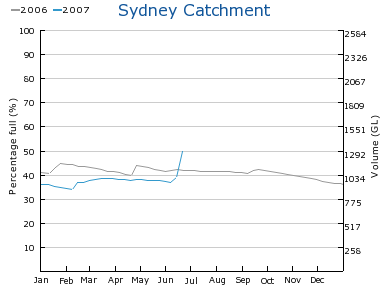Transformers was the ultimate in awesome goodness. It is my favourite action movie ever I think, and I like action movies a lot.
There was so much US military hardware in action. And I love military hardware. Tom and I were saying that there is no better way to build popular support for military spending than to show us movies of Raptors and tanks blowing stuff up on screen. Preferably blowing up Transformers, because they put up a good fight. And don't bleed. We don't like blood so much. Or humans dying. Although if we have to beat up Transformers with jet-fighters because they made humans bleed then we feel happy.
One of the best extra bonuses of this film is that it was funny. And properly funny. Not like normal action movie funny, which is normally closer to lame than funny. It had a good script and mostly good characters. The love interest was tough and good with cars and tow trucks and kind of made the boy character look dumb. Although there will still a lot of superfluous cleavage shots, and they did detract slightly from her Transformer beating prowess. But it is possible that bountiful cleavage and the ability to help beat up Decepticons is all that any man really hopes for in a partner. I'm not sure what the gay equivalent would be...
So much fighting though. Robot wrestling. And guns and helicopters. And smashing buildings. And that great iconic scene (which you knew they were totally setting up before it happened) where Megatron comes smashing through the old glass windows in the abandoned warehouse.
And Optimus Prime. The hero of heroes. He didn't let us down. What a champion.
The only dumb things were the Sector 7 agent and the overly made-up Australia computer expert. I liked the Sector 7 guy, but he was silly and did make the film less good.
Every person will a healthy perception of joy and destruction will love this movie and should see it.

